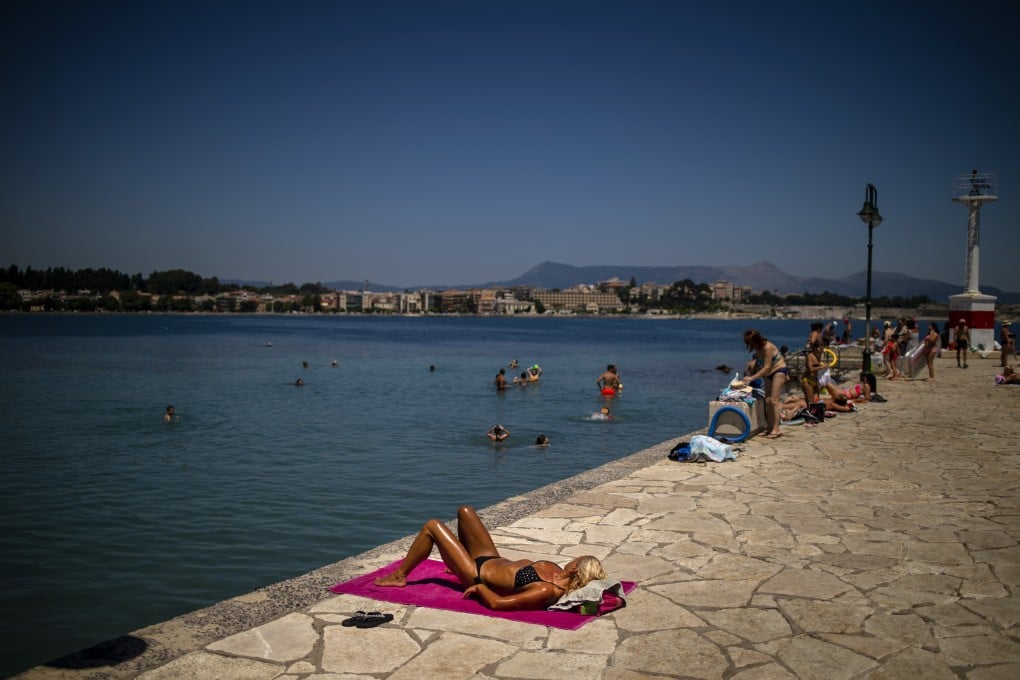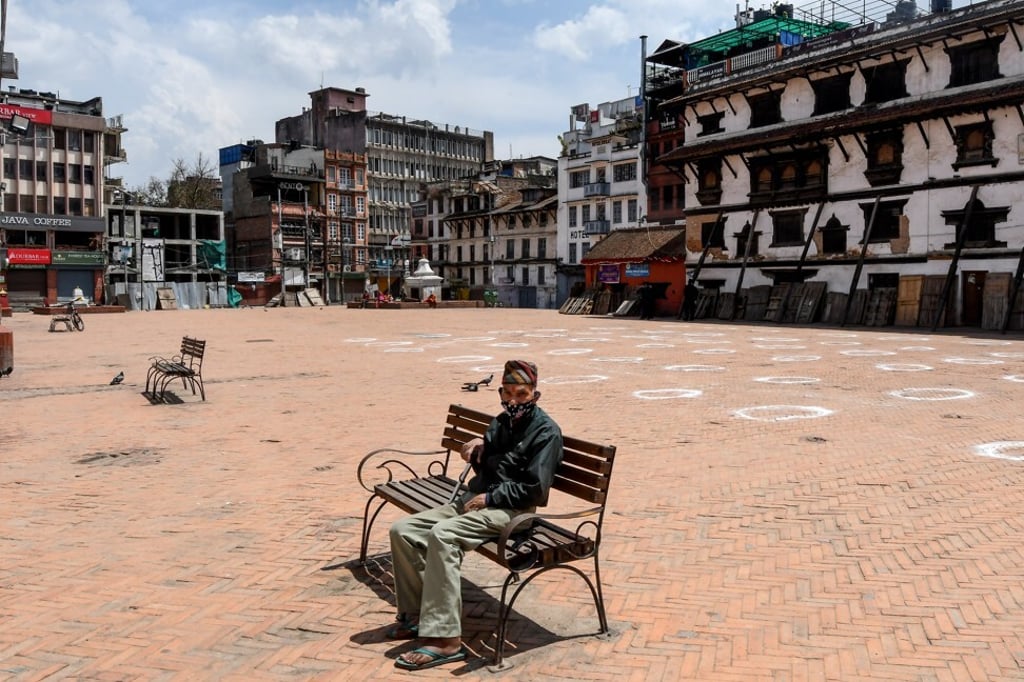From Bali to Nepal, the human impact of tourism’s collapse and what is being done to help
- Tourism is one of the biggest industries in the world, but as millions are finding, it doesn’t offer much by way of job security
- It’s not only guides and hotel workers who are suffering, but an army of support workers that would normally keep the sector running smoothly

On a visit to the Canary Islands a few years ago, I got chatting to a tour guide who told me he’d just been approved for a mortgage. I didn’t give it much thought at the time but looking back, I realise how unusual that was.
Jobs in the tourism industry are invariably low paid and seasonal. While it might be possible to keep up the bank payments during peak months, when the sun is shining and the sightseers are spending, it’s a different matter when the weather turns cold or the monsoon arrives and income dries up. Canary Islanders are fortunate. The subtropical Spanish archipelago located off the coast of Africa has a climate that draws tourists throughout the year. Well, most years.
I’m writing this article in a cafe on the Greek island of Corfu, where a coronavirus-constrained summer has made the annual challenge of saving enough money to survive six visitor-free winter months more difficult than ever. The lockdown-affected season is drawing to a close but few business owners, let alone their staff, have put aside a stash of cash to see them through until spring 2021 – at the earliest.
But at least the Greek government has provided financial assistance for retrenched workers, a scenario that people in many parts of the world can only dream of.

On the Indonesian island of Bali, many people have gone back to their roots and are working on family farms until they are able to offer traditional massages, sightseeing tours and shadow puppet shows again. But while subsistence agriculture keeps the Balinese from going hungry, it doesn’t pay school tuition fees or monthly moped instalments.